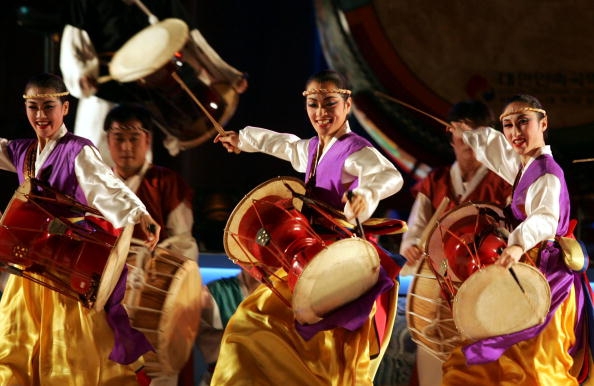South Korea's Cultural Heritage Admission Recognizes The Folk Song 'Arirang' As An Intangible State Treasure

The well-loved Korean folk song "Arirang" has been officially proclaimed as a state treasure by the Cultural Heritage Admission (CHA).
Korea JoongAng Daily reports Sept. 25 that the Cultural Heritage Admission designated the song as Important Intangible Cultural Heritage No. 129 after deliberation by the cultural heritage committee. As an intangible cultural heritage, "Arirang" is now one of the many dramas, songs and dances that have been recognized for their academic or artistic importance.
"Arirang" has been part of Korean culture since the olden times and is even considered as South Korea's second national anthem. However, the song was only regarded as a state treasure recently as it did not meet the specifications provided by law for pieces of intangible cultural heritage.
As a requirement it is necessary that a song must have a standard version that is agreed upon by all, and that there must be specific groups or individuals qualified to perform the piece. Korea.net describes "Arirang" as having many variations and is sung for different purposes. Korea JoongAng Daily adds that there are at least 60 versions of the song according to experts, and the song's origin has not been clearly established to this day.
It was this lack of a particular standard that hindered "Arirang" from being hailed as a national treasure at an earlier time.
In 2014, however, the South Korean government amended the law to allow the recognition of "Arirang" as a state heritage.
"This marks the first case in which we didn't designate a certain person or organization who possesses [the skill to present the song]," said Bang In A of the CHA's intangible cultural heritage department. "The 'Arirang' that's now recognized as important intangible cultural heritage includes ... all versions of 'Arirang' sung across the country."
"Arirang" was included in UNESCO's list of Intangible Cultural Heritage in December 2012.



